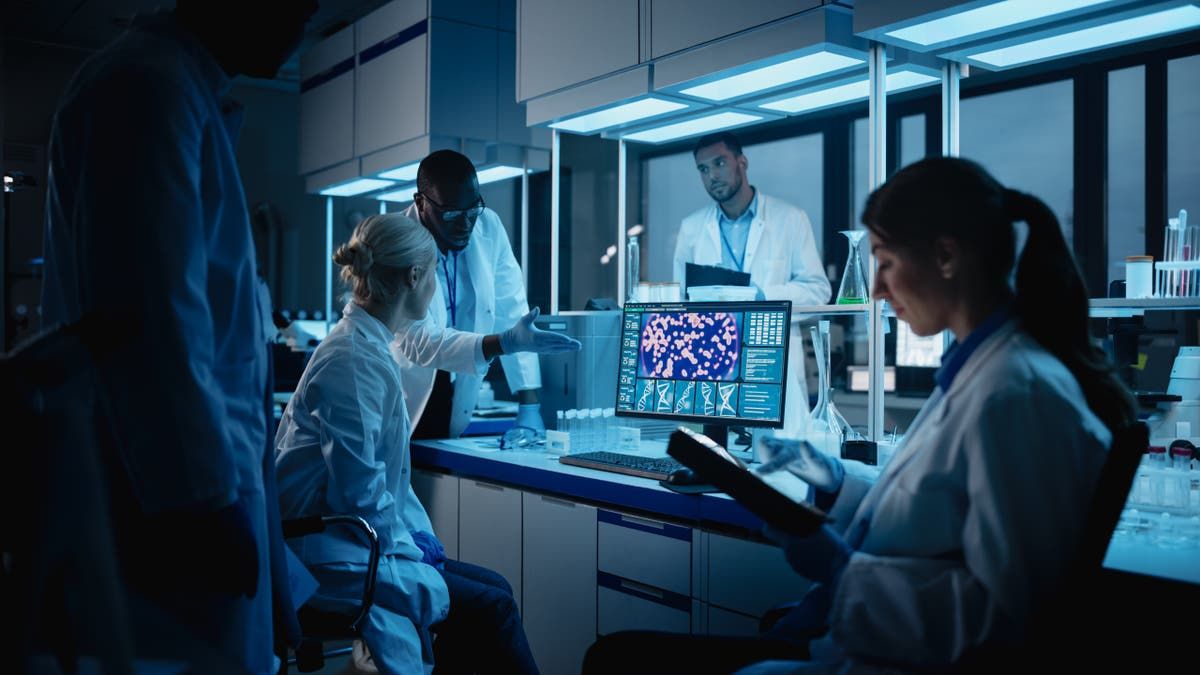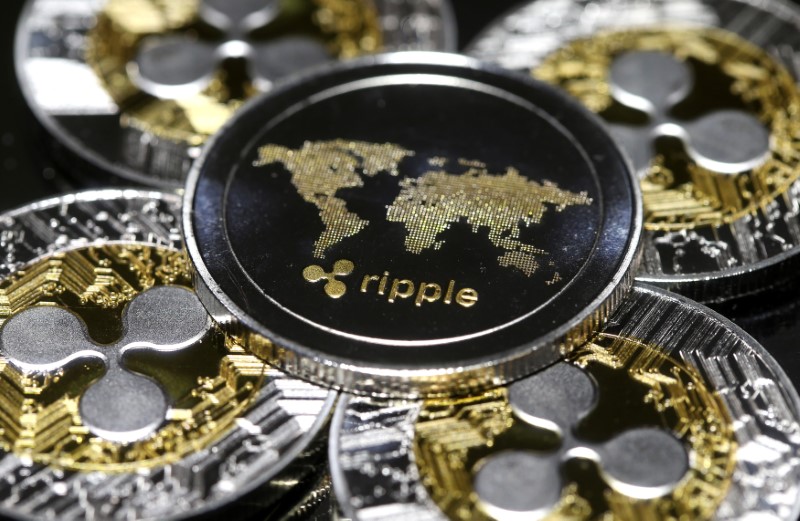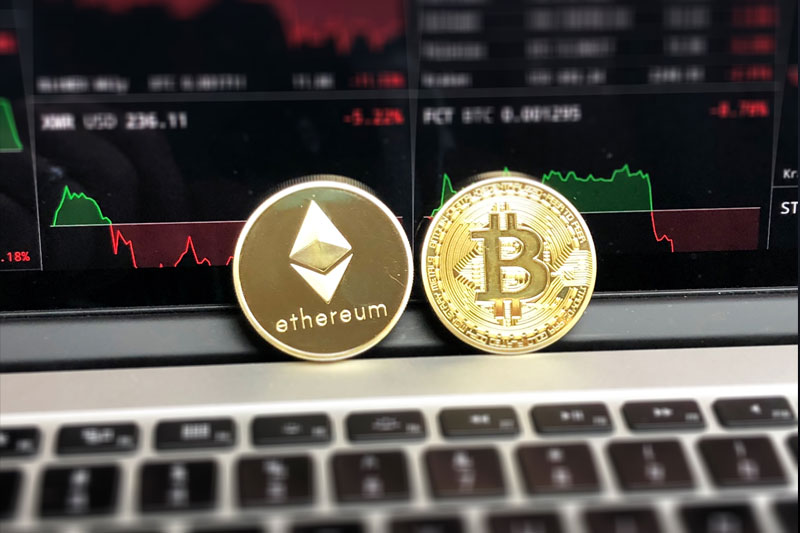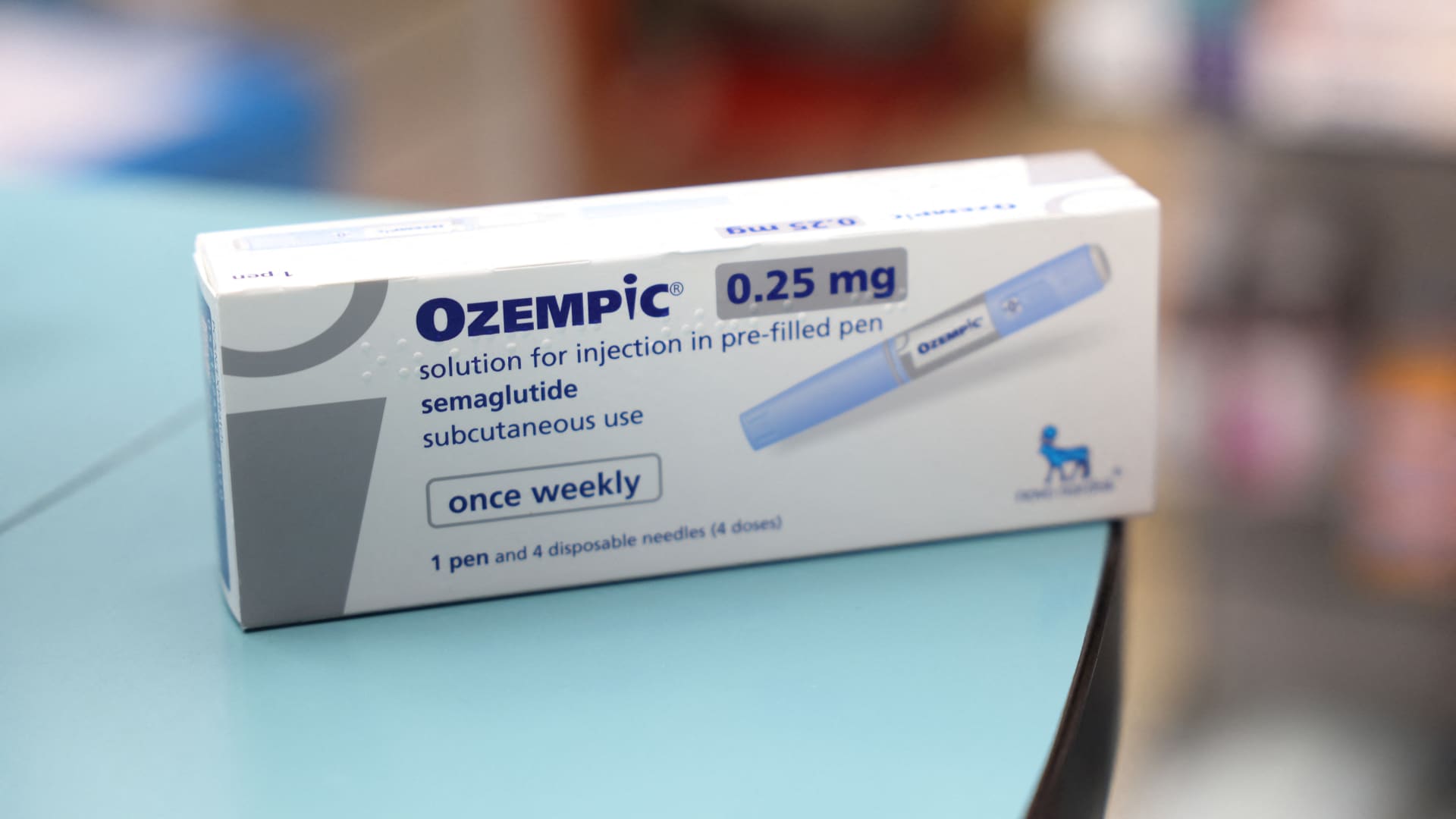Schneider Electric is a Business Reporter client.
How life sciences should leverage digital innovation to champion sustainability without compromising compliance.
The life sciences industry is a heterogeneous sector when it comes to digital transformation. Some subsectors are pioneering innovative solutions to ensure product safety and improve efficiency; others are conservative in their approach. However, like any sector in 2024, life sciences must also face the challenge of sustainability head-on. In its comparatively advanced digitalization, it has a clear advantage, but thanks to strict regulation it also faces unique challenges.
The entire life sciences process, from R&D to the final product, including medical devices, vaccines and pharmaceuticals, requires substantial resources, such as energy, water and raw materials. While other manufacturing sectors could freely experiment with sustainable alternatives and efficiency improvements, life sciences must navigate the additional hurdles of validation and regulatory compliance with each modification to its processes. Additionally, the sector often handles sensitive data, including patient information, making cybersecurity a crucial aspect of deploying on-site renewable energy options to avoid breaches that could lead to severe penalties.
In addition to these regulatory and cybersecurity challenges, life sciences products, particularly pharmaceuticals, endure long development cycles that can prolong the time needed to implement longer-term sustainability improvements.
Despite these obstacles, the immediate need to improve sustainability is not only feasible but essential to the sector's path to net zero emissions. Life sciences companies at the forefront of sustainability and digitalization are demonstrating what is possible by partnering with digital and sustainability experts like Schneider Electric to reduce carbon emissions and energy and water use, while ensuring product quality through an open, secure and resilient supply chain.
Central to the advances being made is the ability to overcome previous interoperability challenges by working with vendor-neutral technologies that operate in more open systems, freeing companies to explore options that enable rapid sustainability improvements, relying on its perfect integration with existing processes.
This open integration environment allows data to run freely throughout an organization, making it easier than ever to see (and test) what is really happening with raw materials, processes and products throughout of the supply chain. However, leveraging this environment to improve sustainability performance through a traditional, incremental, continuous improvement approach remains challenging, due to regulatory compliance and validation hurdles with each manufacturing process modification.
However, the right strategic collaboration with a digitalization and sustainability partner can help life sciences companies make immediate improvements in three important areas:
Energy reliability
Effective energy management provides life sciences companies with the data and control needed for secure, sustainable energy solutions with optimal uptime and asset utilization. Integrating IIoT-enabled devices into electrical energy management systems provides real-time information on plant conditions.
This not only ensures energy availability but also improves sustainability. Digitizing energy efficiency reporting simplifies emissions compliance, a challenge faced by many within the life sciences sector.
Facilities management
Maintaining product quality in life sciences requires strict control of environmental conditions within production facilities. Integrating temperature, air exchanges and humidity monitoring into a unified environmental control system allows facilities to adapt to changes in a sustainable and responsive manner. Life sciences companies are also beginning to incorporate smart factory principles into the design of their facilities, such as integrating renewable energy and intelligently managing grid energy use versus on-site generation.
Consistent quality
An open digital thread throughout a life sciences facility enables immediate correction of potential deviations in complex processes. This capability helps avoid the waste of full or partial batches, maximizing the use of each resource, energy and ingredients equally, and effectively uniting sustainability with digital transformation. Models based on open data enable real-time monitoring that enables management of product reliability, maintenance, and supply chains. Visualizing public processes and services along this supply chain is critical to operations within the life sciences.
Importantly, the right digitalization and sustainability partner can work closely with life sciences companies to securely deliver such improvements with comprehensive security solutions, compatible automation systems, robust data protection, and compliance support. , ensuring that operations and confidential information remain protected from cyber threats. The use of artificial intelligence and machine learning technologies has also provided the opportunity to take advantage of important advantages in this area.
Despite, and perhaps in part because of, the sector's unique challenges, the life sciences can and should continue to be leaders in technology adoption as the industry strives to deliver more sustainable practices. Importantly, life sciences organizations cannot meet the challenge alone, making selecting the right partner for digitalization and sustainability a crucial decision.
To explore how digital solutions can accelerate your sustainability goals and provide solutions to your unique challenges, complete your own. Schneider Electric Self-Assessment now and take the first step towards a greener future.
About Schneider Electric
Schneider's purpose is to empower everyone to make the most of our energy and resources, uniting progress and sustainability for all.
Our mission is to be your digital partner for sustainability and efficiency.
We drive digital transformation by integrating world-leading power and process technologies, products, controls, software and services that connect the endpoint to the cloud, throughout the entire lifecycle, enabling integrated management of the company, for homes, buildings, data centers, infrastructure and industries. .
We are the most local global company. We are champions of open standards and partnership ecosystems passionate about our shared meaningful purpose and inclusive, empowering values.









